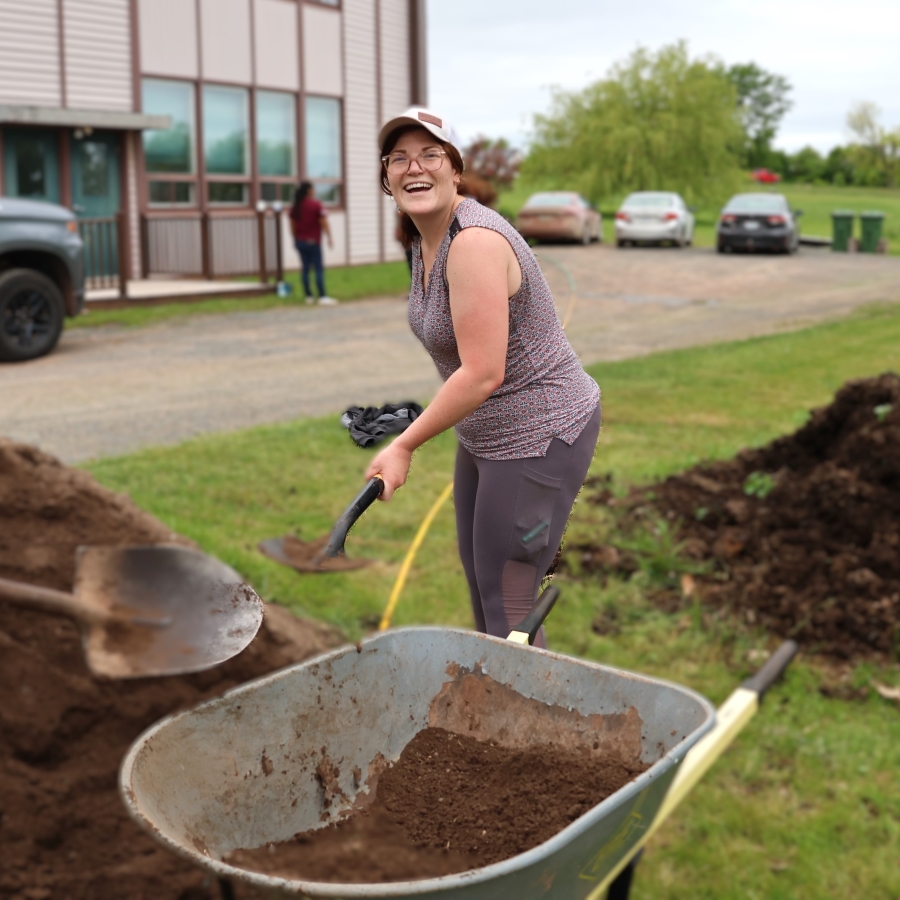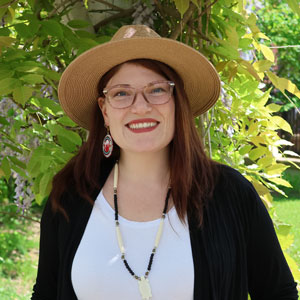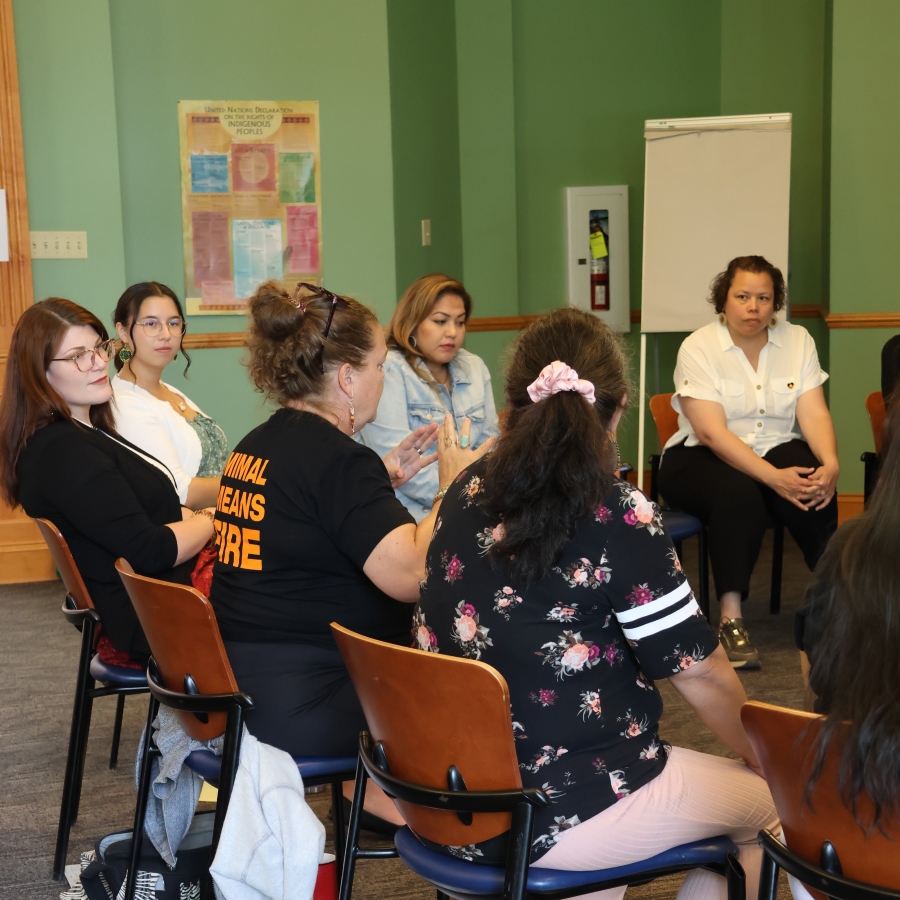After hearing about the course from a friend, Ashley Sheppard decided that enrolling in Coady Institute’s Building on Abundance in Indigenous Communities course would be an excellent opportunity to connect with other Indigenous women leaders from across Turtle Island while learning about community leadership.
The course’s decolonized framework challenged me to rethink conventional approaches to leadership and community engagement, inspiring me to integrate these principles into my professional and community work.
“The course immediately resonated with me as an opportunity to expand my understanding of what it means to be a good leader and how to exemplify that in my community,” Ashley reflects.
The seven-week online course focused on Indigenous community-building practices, emphasizing strengths and assets. Participants were encouraged to identify changes they wanted to see in their communities and use the tools provided to create an engagement plan that they could implement locally.
Originally from Newfoundland and now residing in Nova Scotia, Ashley wondered if she would meet other Indigenous women local to her area. She was pleasantly surprised to find that two women from Paqtnkek Mi’kmaw Nation were also enrolled in the course.
“The opportunity to learn from, and with, these women was invaluable,” Ashley says.
“As a newcomer to the area, I am still finding my own path to community engagement here and have a lot to learn. Being able to hear their perspectives on the strengths and challenges within the community was deeply impactful and has motivated me to expand my own efforts.”
One of the most impactful tools for Ashley was the paper basket exercise facilitated by Circle of Abundance teaching staff member Karri-Lynn Paul.
“This exercise helped us to rethink how communities utilize the skills and resources they already have,” Ashley notes.
“Hearing from the other participants helped me to realize that even though we all come from different places, there are so many things that we have in common, and that we are much stronger than we realize.”



Beyond the core tools taught in the course, Ashley appreciated the decolonized structure of the program and has begun incorporating this approach into her work at the Canadian Centre for Diversity and Inclusion, as well as within her own community.
“The course’s decolonized framework challenged me to rethink conventional approaches to leadership and community engagement, inspiring me to integrate these principles into my professional and community work.”
Ashley emphasizes that the course allowed her to feel “deeply supported and heard,” not only by the facilitators but also by her peers. The experience and connections she formed during the course motivated her to apply for the Indigenous Women in Community Leadership program, a six-month program offered every two years which supports Indigenous women in building upon their trusted leadership capacities for community-led, community-driven work.
Having been accepted into the program, Ashley concludes, “I am deeply grateful for the opportunity to continue to expand my knowledge of individual and collective responsibility, reciprocity, and relationship to one another and the land, and to put these skills to use for the benefit of my community.”
